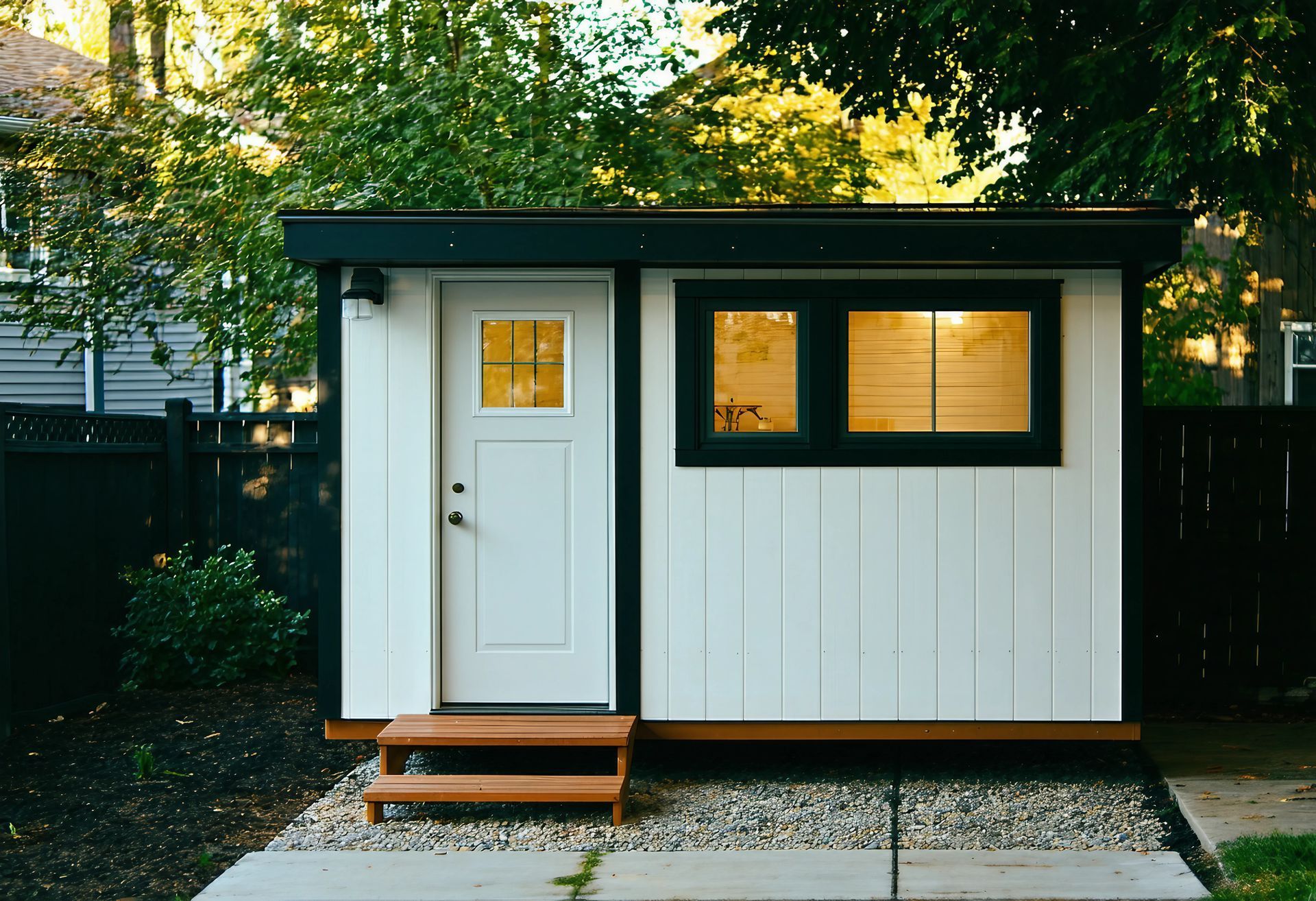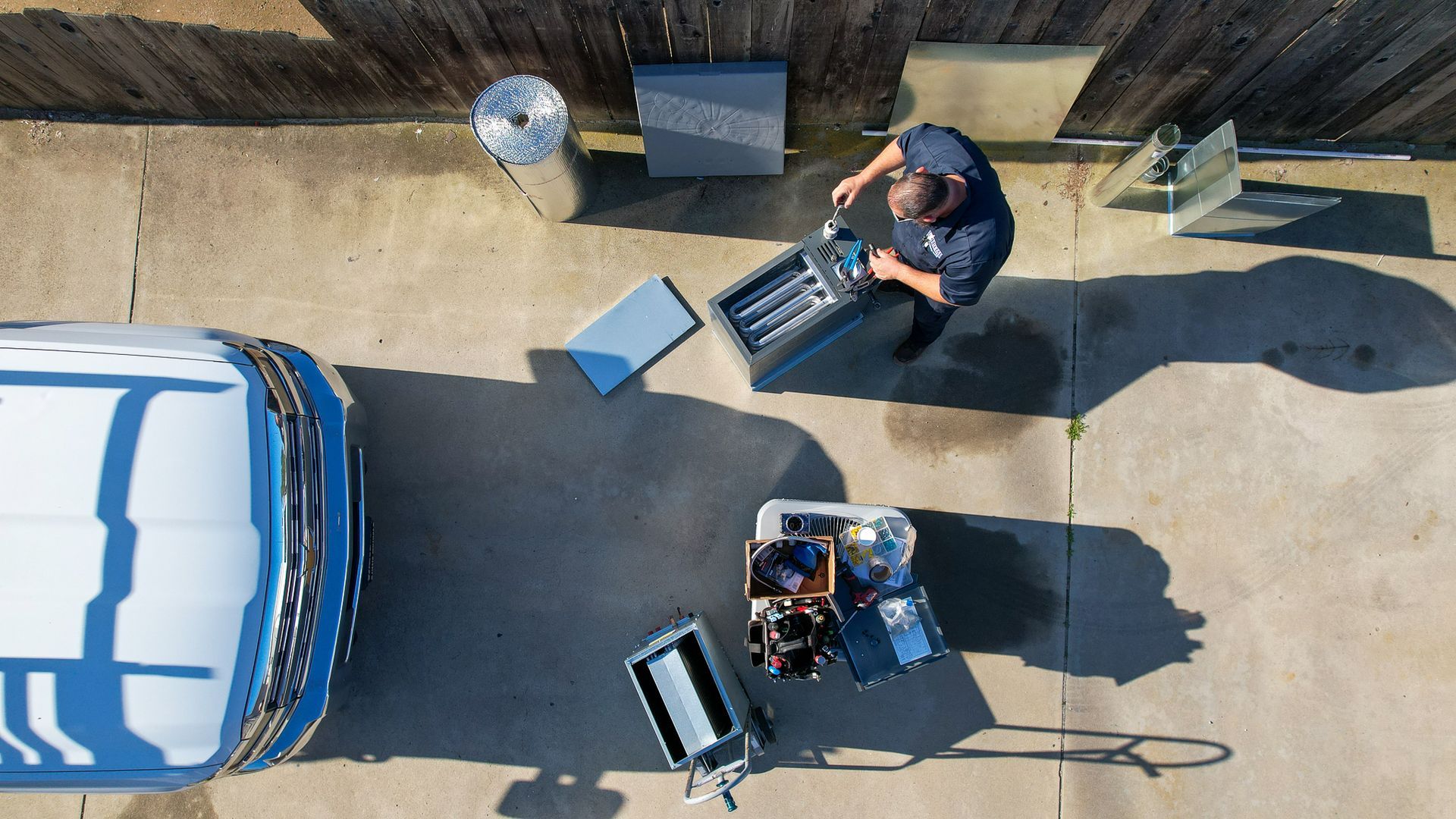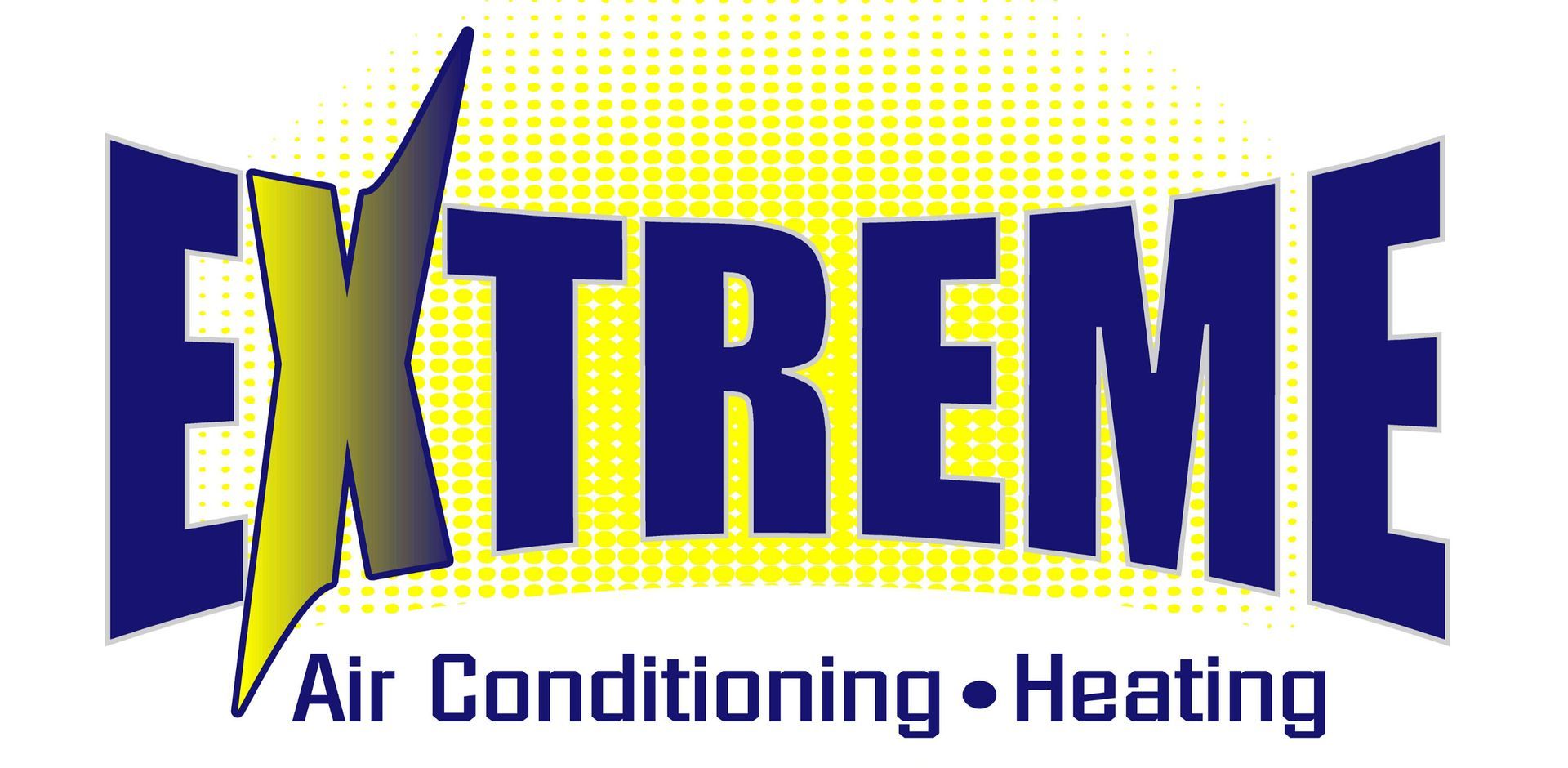Indoor Air Quality and Your Health: The HVAC Connection
In today's increasingly indoor world, the air quality we breathe inside our homes and workplaces can significantly impact our health. Our HVAC systems, the silent sentinels of our indoor environments, play a pivotal role in maintaining indoor air quality. Understanding this connection can help us ensure our environments are comfortable and conducive to our health and well-being.
The Importance of Air Filtration
One of the primary functions of an HVAC system is to filter out particulates and pollutants from the air you breathe. The filters in your HVAC system trap dust, pollen, pet dander, and other airborne particles that can exacerbate allergies and respiratory issues. Investing in high-quality, high-efficiency particulate air (HEPA) filters can enhance this function significantly. HEPA filters can trap particles as small as 0.3 microns, effectively removing up to 99.97% of airborne pollutants from the air that passes through them.
Regular replacement or cleaning of HVAC filters is crucial. Over time, filters become clogged with the very contaminants they trap, which can reduce system efficiency and compromise indoor air quality. It’s recommended to check filters monthly and replace them at least every three months to ensure optimal air quality and HVAC efficiency.
Managing Humidity for Healthier Air
Humidity levels play a critical role in determining the comfort and healthfulness of your indoor environment. Too much humidity can create an ideal breeding ground for mold, mildew, and dust mites, common allergens that can impact respiratory health. Conversely, air that is too dry can irritate your respiratory tract, skin, and eyes, worsening symptoms of colds and other respiratory illnesses.
An optimally functioning HVAC system will help maintain the right balance of humidity in your home. This not only helps manage health issues but also preserves the structural integrity of your home and the longevity of its contents. Modern HVAC systems often come with built-in humidifiers and dehumidifiers that can be set to maintain an ideal humidity level, usually between 30% and 50%.
HVAC Maintenance and Respiratory Health
Proper HVAC system maintenance is essential for ensuring that it continues improving indoor air quality. A well-maintained system efficiently controls air temperature, humidity, and cleanliness, which can contribute to healthier indoor environments. Here are some key maintenance tasks that should be regularly performed:
- Regular Inspections: Having a professional technician inspect your HVAC system annually can help identify issues that may impact its efficiency and indoor air quality.
- Cleaning Air Ducts: Dust and debris can accumulate in your air ducts, and when your system runs, these contaminants can be circulated throughout your home. Cleaning your air ducts regularly ensures that your HVAC system promotes a cleaner, healthier air circulation.
- Servicing Your HVAC Unit: Ensuring that all components of your HVAC system are functioning correctly can prevent problems that might lead to poor air quality. This includes checking for leaks, ensuring that the system is properly sealed, and that it cycles and drains correctly.
Conclusion
The connection between HVAC systems and indoor air quality is undeniable and understanding this connection is key to creating healthier indoor environments. You can significantly improve the air quality in your indoor spaces by choosing the right filters, maintaining appropriate humidity levels, and ensuring regular HVAC system maintenance. This enhances the comfort and enjoyment of these spaces and can lead to better health outcomes, particularly for those suffering from allergies and respiratory conditions. Remember, a well-maintained HVAC system is your first line of defense when it comes to indoor air quality.


Ready to Get Started?
Contact us today to schedule a consultation or service appointment. Our friendly staff is ready to answer your questions and help you navigate your HVAC repair or installation needs. Experience the difference with San Diego’s preferred AC service provider.

